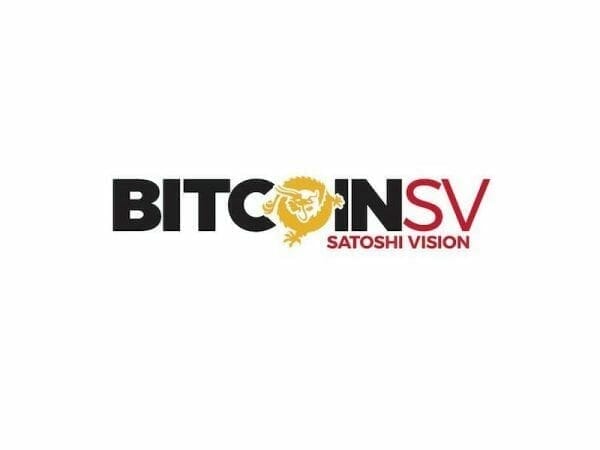The halving came and went and we’re all tired of hearing about it. The good news is that there’s not going to be another bitcoin halving for another approximately four years, and that is an extremely long time when we’re talking about cryptocurrency, and bitcoin in particular. Speculation about bitcoin’s future really only extends about six months at a time, and anything beyond that we might as well consult a crystal ball or read some tea leaves. Time to adapt.
Bigger companies that can afford the newest technology and have found the cheapest electric-deals are going to have it tough over the next year, while smaller companies will either die off or be forced to seek life elsewhere. TAAL Distributed Technologies (TAAL.C), formerly Squire Mining, thinks the model will need to adapt if it’s going to survive to see the next halving, and they may have a point.
The company believes that the industry is going to evolve away from a block rewards subsidy model, in which companies live and die on their ability to close the block, and move towards a transaction fee based model. The days where a mining or node operator can passively run their networks while collecting subsidies to support their businesses are over, especially as the stronger companies break away from the pack by keeping abreast of the changes in the technology, and access to cheaper electricity dries up. The advent of a new government which cuts subsidies to replenish the public coffers in a time of austerity would effectively act like a stake in the heart of many cryptocurrency miners, and given the economic uncertainty underlying COVID-19 and whatever else is waiting in the wings, company’s should be looking for a way to not be so reliant on the government teat. Adapt or die means more self-reliance.
There’s one prediction we can be comfortable with making—it’s only going to get harder after the next halving. Value will need to be delivered on utility instead of speculation. Mining operators will need to transition into transaction processors that provide solutions only a public, permission-less and scalable blockchain.
We’re not there yet. There are plenty of companies out there busy tackling the blockchain scaling issue. There’s also the possibility of the adoption of an existing, or development of a novel, consensus mechanism that eliminates the overhead involved in proof-of-work mining. That would likely mean a hard-fork away from Bitcoin, or the adoption and development of another coin altogether. Both are equally unlikely. Proof of Stake and Proof of Authority, for example, provide low-electrical cost alternatives to Proof-of-Work.
But those are problems for the future for developers, and not exactly in the purview of an individual company. In the interim, where the company may not have the best equipment, a slight pivot might be required to adapt.
Taal has been improving its block processing infrastructure and streamlining systems in preparation for scaling of operation and a strategic vision that include several pillars:
- Transaction processing, using M/API, bulk volume contracts, dynamic rates and client tiering;
- Managed services for blockchain computer hosting, hash contracts and “TaalPool”, a public blockchain computing pool;
- Services and pilot projects stemming from the filed patent application related to the customized blockchain computing device;
- Blockchain cloud services;
- Internet of Things (“IoT”) agents and services.
Expanding outward beyond simple cryptocurrency mining and including other technologies in a bid to be a more well-rounded company.
Smart.
—Joseph Morton







